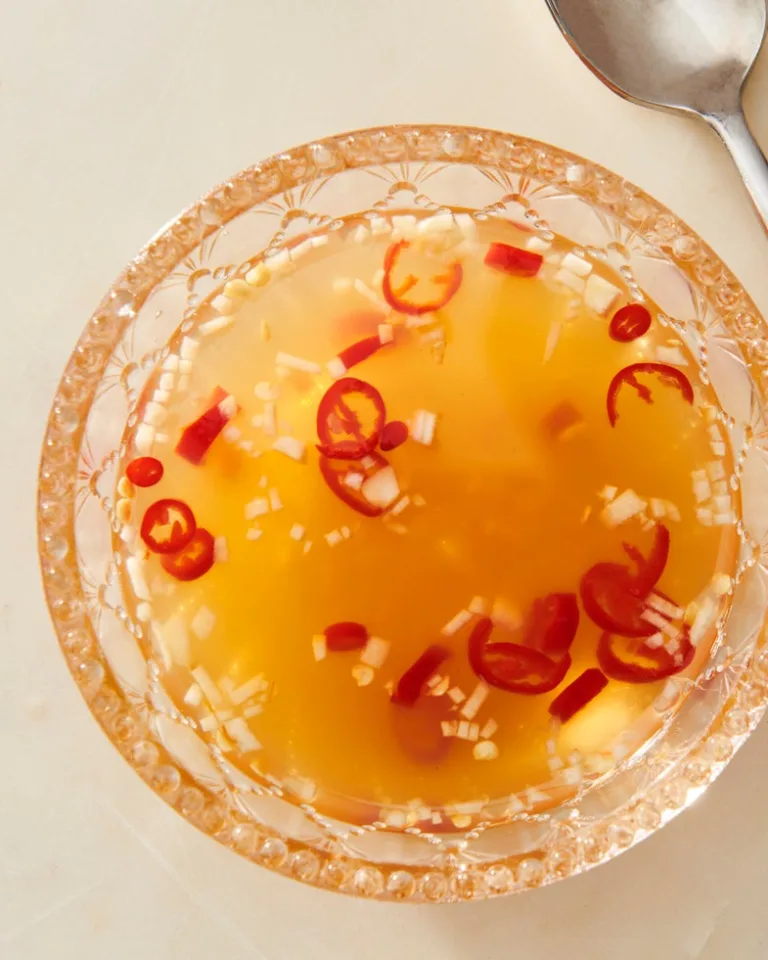The German government has called on the European Commission to permit organically-produced de-alcoholised wines to use organic certification. Cem Özdemir, Germany’s Federal Minister of Food and Agriculture, said that the push is in response to the consumer shift toward non-alcoholic wines: “For me, a good glass of wine is also a part of the quality of life. More and more people want to enjoy wine without alcohol every now and then and that’s certainly not bad news. If you want to drink non-alcoholic wine, you should also be able to do so in organic quality.” According to data from the World Health Organisation (WHO), Germany has the highest alcohol consumption in Europe, with the average adult German consuming 10.6 litres of pure alcohol per annum in 2020. However, this figure is a whole litre lower than it was 2010, suggesting that the German thirst for alcoholic drinks may be shrinking. Indeed, according to figures recently released by the Verband Deutscher Sektkellereien (VDS), which represents 95% of Germany’s sparkling wine producers, in 2023 Germans purchased 18 million bottles of non-alcoholic sekt, a 9.7% increase on 2022’s level. “However, dealcoholization is not yet permitted in the organic regulations – you can’t actually explain that to anyone! We should change that quickly,” Özdemir argued. “I am therefore campaigning in Brussels and with colleagues in the member states for a contemporary and targeted adaptation of the organic regulation. This step opens the door to an additional growing market, is in the spirit of German
This Article was originally published on The Drink Business - Wine






